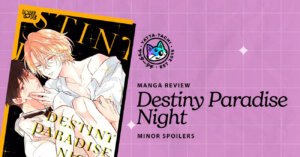Synopsis
Shuko, Eika, Misaki, and Shio are friends and housemates each navigating the ups and downs of life for modern women in their late twenties. Eika is climbing the corporate ladder and proving herself to her co-workers, while Shio works freelance and tries (with varying success) to hold onto her savings. Meanwhile, Shuko wonders if she should be looking for love and planning to get married, and Misaki is horrified to discover that the man she’s been calling her boyfriend for two years doesn’t think they’re in a serious relationship.
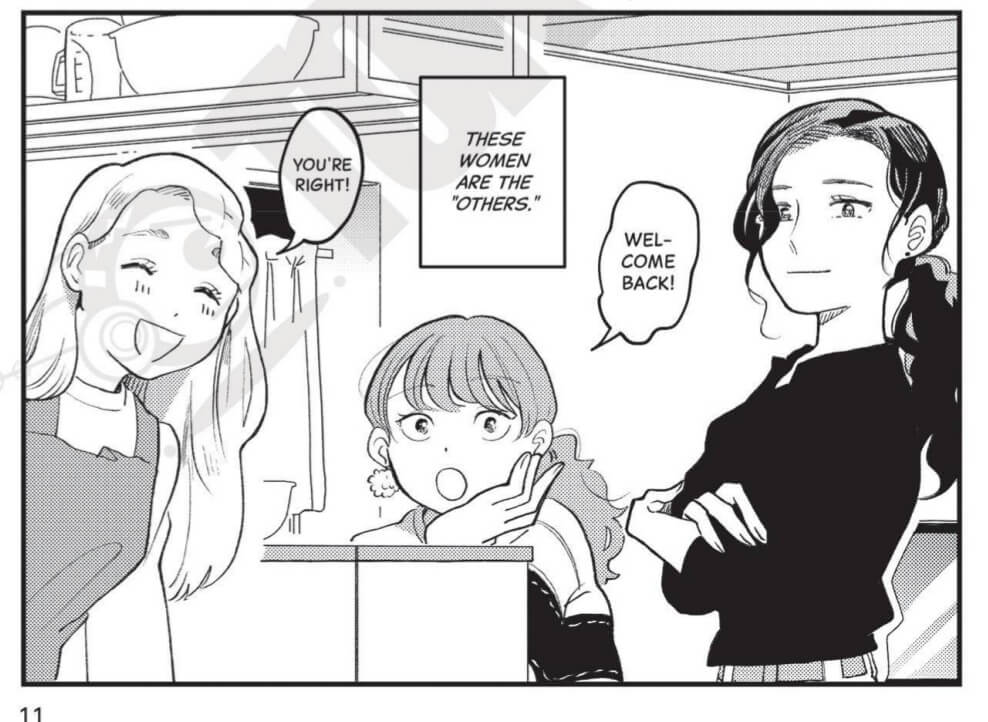
The Strengths
You Can’t Live All On Your Own! engages with some prescient contemporary issues through the lens of slice-of-life comedy. Despite the presence of some deeply annoying male characters (Misaki’s “boyfriend”? Throw him away, as far as I’m concerned!), there’s no obvious villain among the cast. No, it’s the social factors of sexism and ageism that really loom large as the antagonist of the series.
Each character is haunted by double standards: for Misaki, it’s that men can rely on a woman’s care and affection while not offering any commitment in return. For Eika, it’s that men can fumble their way to success while women have to prove themselves exceptional. And for Shuko, it’s that women aren’t complete until they’re married—and they had better get married before the age of 30, at which point they transform into a decrepit hag that no one would ever want, I guess!
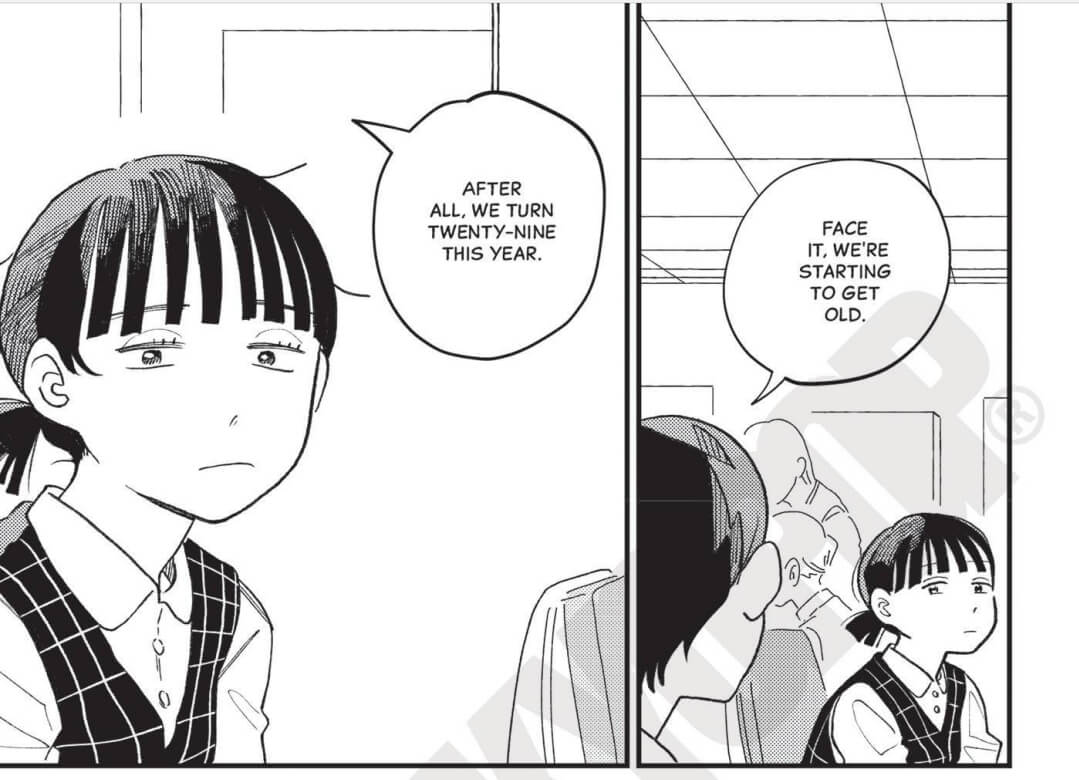
With all those heavy themes, it might surprise you when I describe this first volume as “fun.” But You Can’t Live All On Your Own! manages to convey its social commentary in a light-hearted way. There are plenty of moments of levity among the characters’ frustrations, and punchlines that neatly walk the line between, “Ha, so relatable!” and, “Augh, too real!” The cute, slightly stylized art style also sets a bright and lively tone.
This story depicts and addresses the specific cultural expectations and day-to-day problems of women in Japan, but I think there’s a lot that will resonate with an international audience, too. Each character and her plotline is quite different, so I can see this appealing to a range of readers who will find different aspects of their own experience and personality reflected in different protagonists, from musician Misaki to food nerd Shuko.
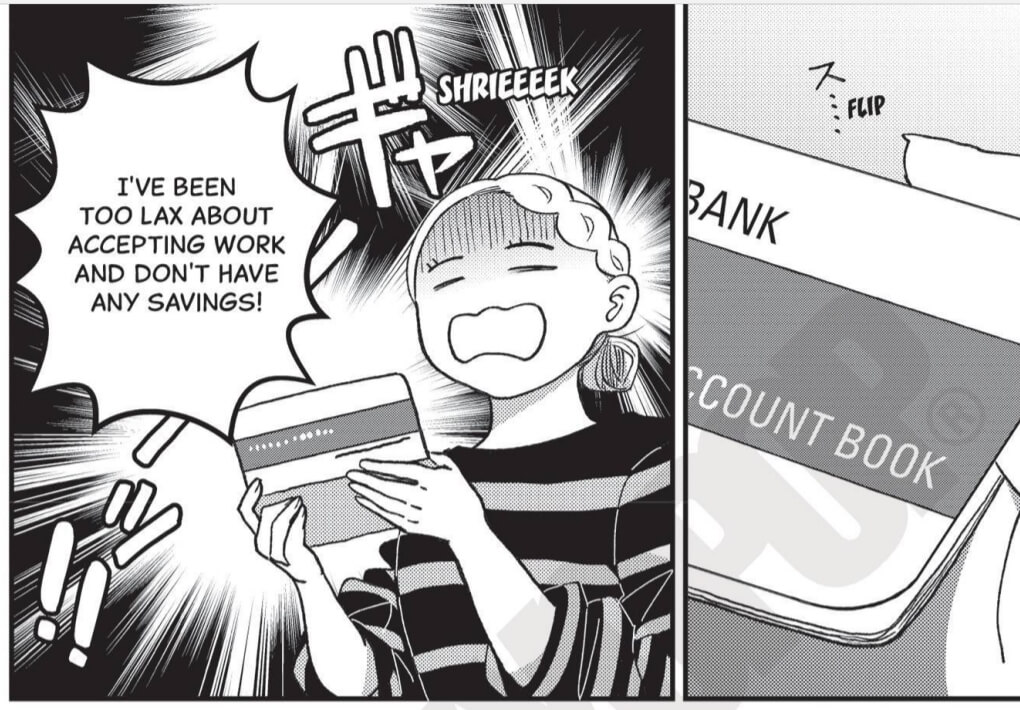
The Weaknesses
You’ve possibly noticed that I haven’t mentioned freelancer Shio much. That’s because she gets the least focus in this volume, which leaves her feeling like the weakest character in the quartet. This is a real shame, since she seems interesting! Her backstory shows her quitting an unfulfilling office job to pursue her dreams, making her a natural narrative foil to Eika and her career motivations. Her financial woes—balancing her self-directed schedule with making sure she has enough money for the things she wants—also feel pertinent to the series’ themes about modern life and the sacrifices and priorities that modern adults need to work out.
But Shio’s money troubles are left essentially as a punchline, and Shio herself is mostly suspended as The Mom Friend who takes care of the other three characters. Her character writing isn’t poor quality, per se, but she feels undercooked by comparison. I can only hope she gets more page time and development in future volumes, and not just because she’s the character I think is most likely to become my favorite.
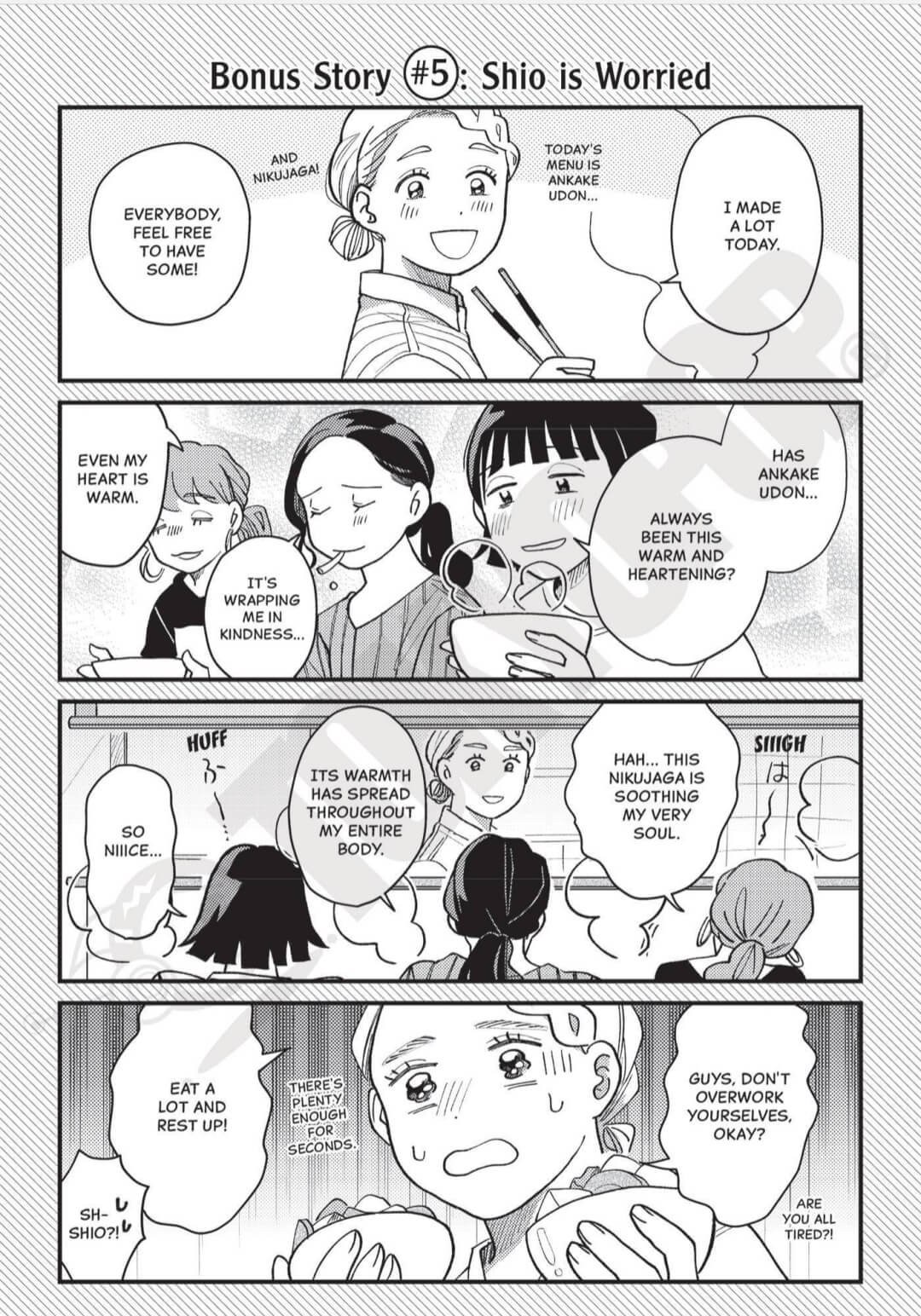
I also hope future volumes do more to explore the relationships between the four protagonists. It would be cool to learn how and why they all became friends and to see them support each other more through their otherwise quite separate plotlines. The volume is peppered with scenes of the main cast gathering at home to share news about their lives (and to eat Shio’s delicious cooking), and they do help each other out, but it can feel a bit surface-level.
Each character has so much of her own stuff going on (again, except for poor Shio) that the female friendship that’s supposedly the center of the story can feel like it’s set aside. Again, I don’t believe this is a case of bad writing—it’s honestly pretty standard sitcom stuff—but it feels like a missed opportunity.
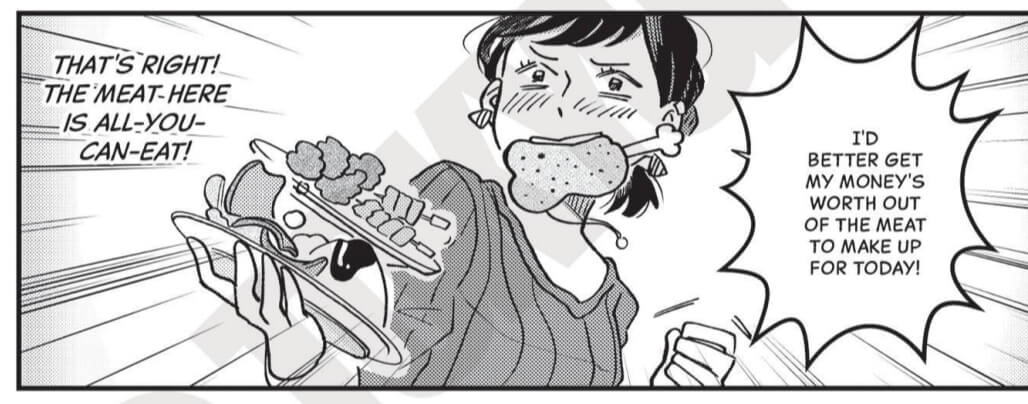
The Verdict

While it touches on some heavy themes like misogyny and ageism, You Can’t Live All On Your Own! keeps its tone light, and the story addresses these issues through the lens of relatable comedy and upbeat slice-of-life antics. Some of the characters could do with some more development, but overall the main cast is likeable and the range of their issues and experiences means that they will appeal to a variety of readers—especially those hungry for more manga about adult protagonists with distinctly adult problems.
You can purchase You Can’t Live All On Your Own! Volume 1 at Barnes & Noble, Bookshop, Tokyopop Store, and Amazon.
If you liked You Can’t Live All On Your Own! you may also like…
- Tokyo Tarareba Girls
- Satoko and Nada
- Princess Jellyfish
Credits
Story and art: Tsuno Mizoko
Translator: Katie Kimura
Editor: Katie van Amburg
Lettering and retouching: Vibrant Publishing Studio
Proofreader: Tina Tseng
Cover designer: Aracelli Ejarque Villegas
English edition published by Tokyopop
Thank you to Tokyopop for providing an advanced review copy of this manga. Receiving an advanced copy had no impact on the reviewer’s opinions.
Article edited by: Anne Lee

Featured Sponsor - JAST
The sweetest romance and the darkest corruption, the biggest titles and the indie darlings; for visual novels and eroge, there's nowhere better.
Big thank you to our supporters
From their continous support, we are able to pay our team for their time and hard work on the site.
We have a Thank-You page dedicated to those who help us continue the work that we’ve been doing.
See our thank you page



